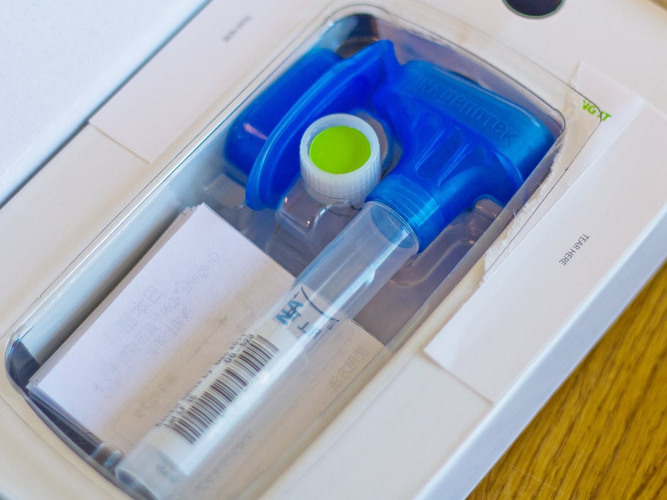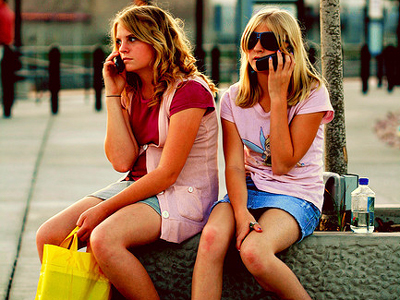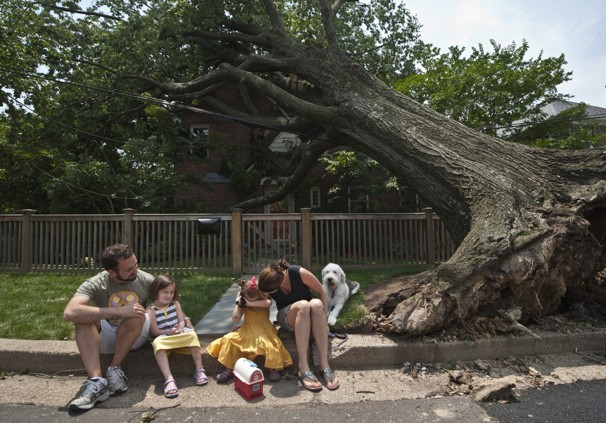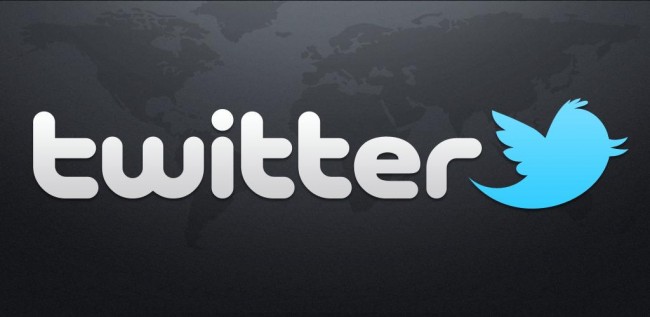You are here
Wed, 2011-06-15 08:18 — mdmcdonald
The Knowledge Science working group is focused on exploring the advancement of knowledge science.
The mission of the Knowledge Science working group is to explore the advancement of knowledge science.
Add Content to this group
Members
| Joyce Fedeczko | Kathy Gilbeaux | Maeryn Obley | mdmcdonald | mike kraft | Siftar |
| tkm | tom.mcginn |
Email address for group
knowledge-science@m.resiliencesystem.org




 submitted by Albert Gomez
submitted by Albert Gomez Image: Submitting a DNA sample to social networking company 23andMe entails spitting a saliva sample into a tube like this and sending it in.
Image: Submitting a DNA sample to social networking company 23andMe entails spitting a saliva sample into a tube like this and sending it in. wirelessdesignmag.com - businessinsider.com
wirelessdesignmag.com - businessinsider.com
 submitted by Luis Kun
submitted by Luis Kun
Recent Comments